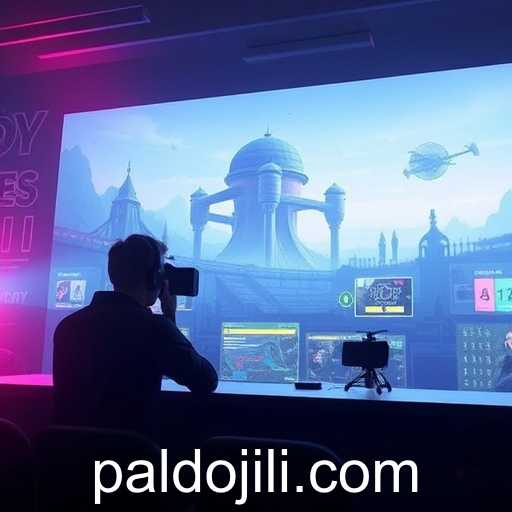The online gaming landscape in 2025 has seen intriguing transformations, with platforms like PALDO stepping into the limelight. Renowned for its vibrant community and innovative approach to game development and engagement, PALDO stands as a beacon for gaming enthusiasts. As the gaming industry continues to evolve, PALDO emerges as a pivotal player redefining how virtual interactions and gaming are perceived.
Over the past few years, PALDO has gained momentum as a preferred destination for gamers around the globe, primarily due to its cutting-edge features and community-driven gameplay. The platform has successfully fostered a sense of belonging among gamers, where interactions transcend beyond the virtual world. The unique blend of social connectivity and gaming has spearheaded this revolutionary online gathering space.
A key factor contributing to PALDO’s success is its continuous adaptation to contemporary technological advancements. By incorporating AI-driven algorithms and real-time feedback systems, it enriches user experience and encourages user-generated content. This dynamic environment not only boosts player engagement but also empowers developers to innovate alongside players.
In light of recent global events impacting tech and gaming industries, PALDO has demonstrated resilience by creating inclusive opportunities for gamers during periods of global isolation. Its initiatives to organize virtual events and tournaments have helped many stay connected, fostering both competitiveness and camaraderie among players, irrespective of their geographical locations.
Looking ahead, the future of PALDO seems promising as it capitalizes on new trends such as virtual reality integration, offering more immersive experiences. The continually expanding user base fuels its growth, ensuring that PALDO is at the forefront of redefining how gaming communities function.
As analysts and enthusiasts alike observe these dynamics, the broader implications for game developers are profound. Platforms like PALDO not only disrupt conventional gaming paradigms but also encourage a culture of collaboration and creativity. It remains a reference point for what the future holds for online gaming and community-centric platforms.








